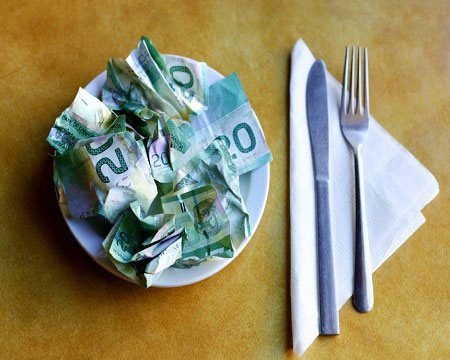It's Not Just Gas Costs Rising...

It has been predicted that, in less than two decades, the average price of food will have doubled. While that prediction sounds shocking enough, we are already beginning to see the effects of rising food costs on both consumers and producers around the globe.
• French Keep Food at Top of G-20 Agenda: The volatility of food prices is at the top of the agenda for the first G-20 meeting for agriculture ministers, scheduled to take place later this month. The goal is to produce a plan that can be presented at the G-20 meeting in November.
• Fertilizer Stock Prices on the Rise: As food costs continue to escalate on account of delayed crop production and poor weather in the U.S., shareholders of fertilizer makers have seen an increase in stock prices. Last week, Citigroup updated its recommendations for top fertilizer producers from "Hold" to "Buy."
• Starbucks Coffee Prices to Increase 17%: Following a 12% price increase this past March, Starbucks will again issue a 17% increase in the price of its packaged coffee starting on July 12th. These plans also extend to Canada where packaged coffee prices will rise by a reduced average of 6%.
• Effect of Coffee Prices in Australia: Increasing prices have also been affecting the coffee culture of Australia. While consumers seem to be willing to pay slightly more for their cup of joe, store owners have been unable to reach profits thus far despite the premium prices.
• Food Prices to Double by 2030: Oxfam has predicted that average food prices will double by 2030. The organization reports that the number of hungry people has been declining for decades, however with the rate of food production declining due to rising costs, these numbers may start to grow.
The Daily Byte is a regular column dedicated to covering interesting food news and trends across the country. Click here for previous columns.
